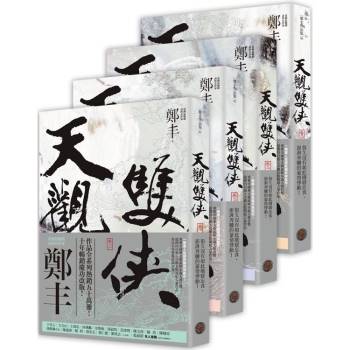In "Right Above Race," Otto H. Kahn, a prominent banker and philanthropist, delivers a powerful statement on American identity and national unity during the tumultuous period of World War I. Writing in 1918, Kahn emphasizes the importance of shared ideals and loyalty to the United States, arguing that these bonds should transcend racial and ethnic divisions. This collection of essays and speeches reflects a passionate belief in the American experiment and a call for all citizens, regardless of their background, to place their allegiance to the nation "right above race."
Kahnâ€(TM)s work offers valuable insights into the social and political climate of early 20th-century America, grappling with questions of immigration, assimilation, and the meaning of patriotism. His perspective, as a naturalized citizen himself, provides a unique and compelling voice in the historical discourse on American identity. "Right Above Race" remains relevant today, prompting reflection on the ongoing quest for unity and common purpose in a diverse society.
This work has been selected by scholars as being culturally important, and is part of the knowledge base of civilization as we know it. This work was reproduced from the original artifact, and remains as true to the original work as possible. Therefore, you will see the original copyright references, library stamps (as most of these works have been housed in our most important libraries around the world), and other notations in the work.
This work is in the public domain in the United States of America, and possibly other nations. Within the United States, you may freely copy and distribute this work, as no entity (individual or corporate) has a copyright on the body of the work.
As a reproduction of a historical artifact, this work may contain missing or blurred pages, poor pictures, errant marks, etc. Scholars believe, and we concur, that this work is important enough to be preserved, reproduced, and made generally available to the public. We appreciate your support of the preservation process, and thank you for being an important part of keeping this knowledge alive and relevant.










